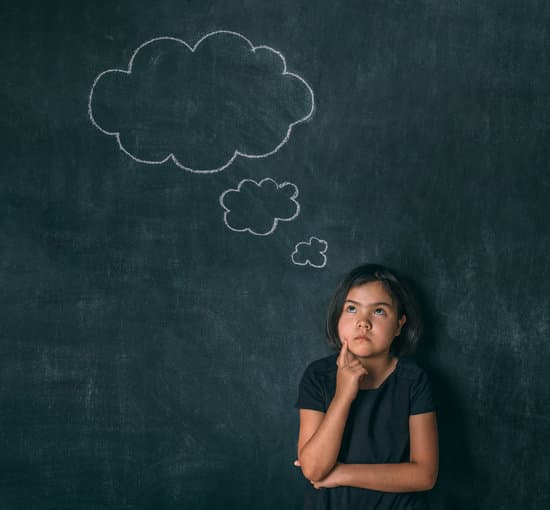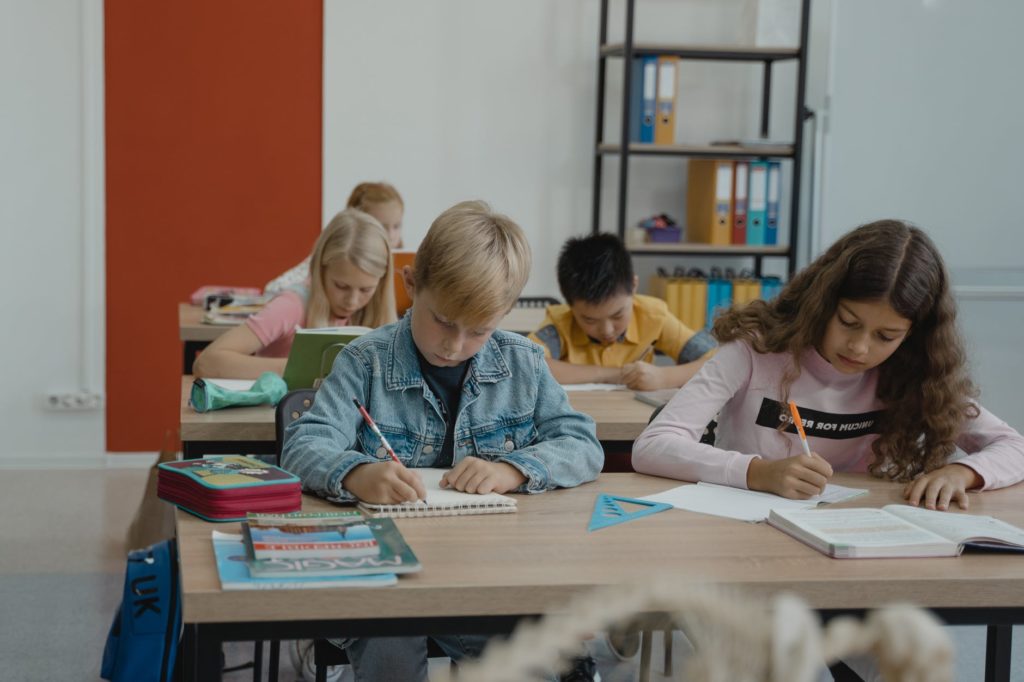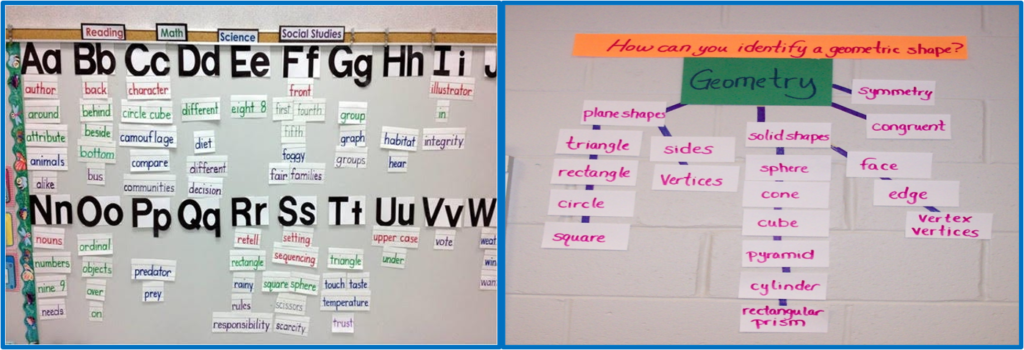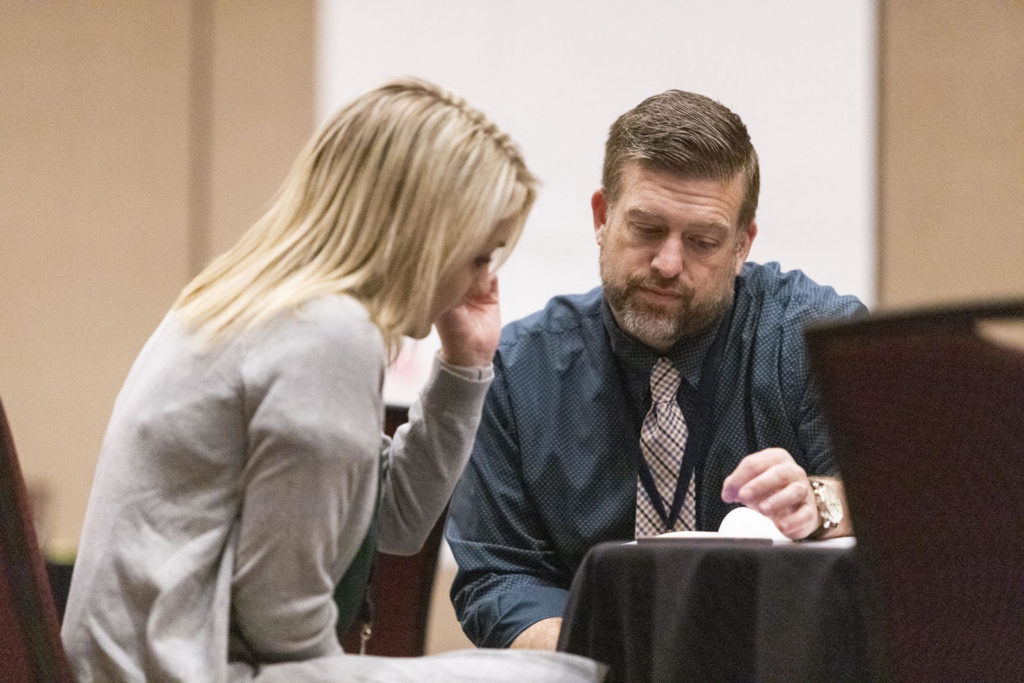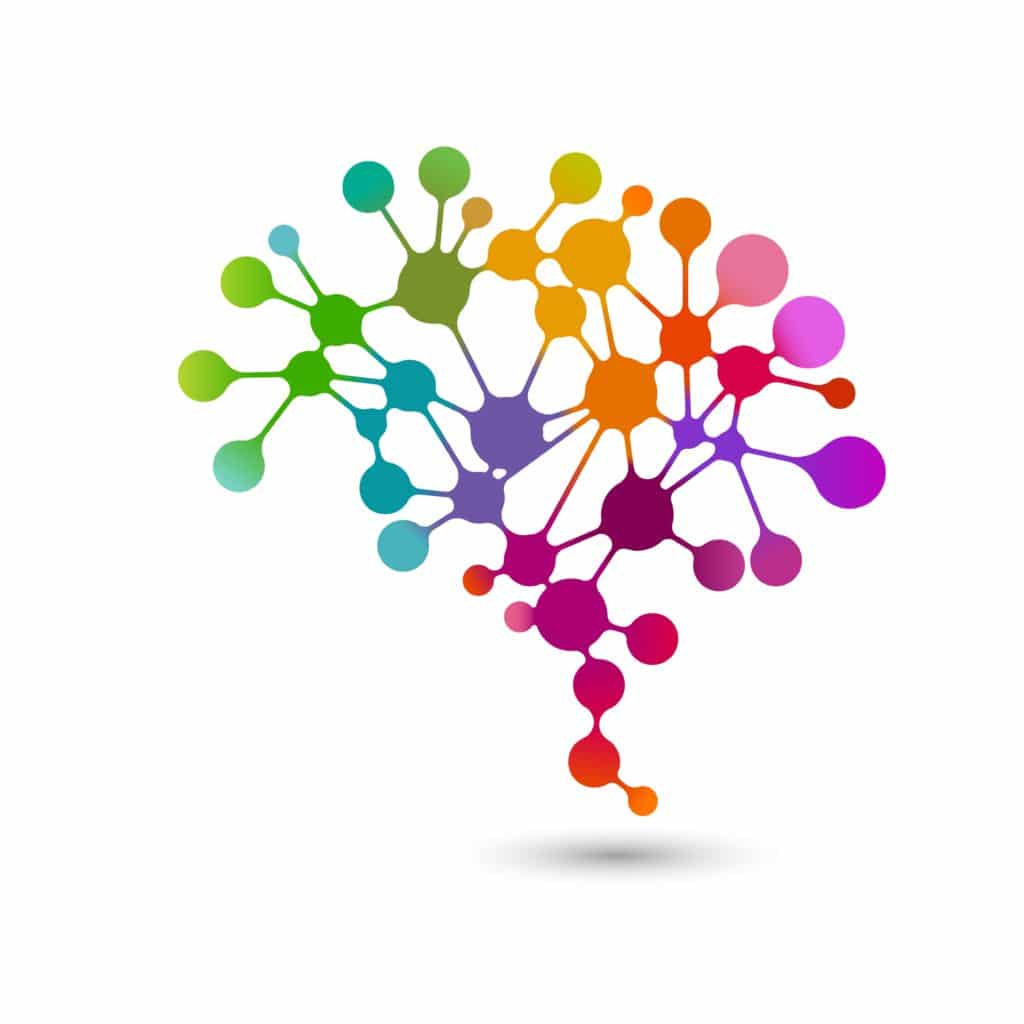Lindsey Hampton
During her 20+ years in education, Lindsey has been an elementary and secondary classroom teacher, an instructional coach, and a specialist in teacher induction. She has collaborated with teachers and administrators nationwide to develop learning partnerships that focus on evaluating and implementing High Yield Instructional Strategies. Her instructional coach and specialist background have led her to the philosophy that improvement must be viewed as a continuum, a means to refine and adapt the improvement of instructional practices continually. She has presented this theme and many others on teaching and learning at numerous conferences in FL, KY, TN, NC, and PA. Her contributions to Learning-Focused include developing new resources and workshops, providing leadership and instructional training and coaching.In his book, Mind Rules, John Medina describes key principles on how the brain works. One of these principles is “Stressed brains do not learn the same way as non-stressed brains.” Emotional instability can lead to chronic stress and chronic stress affects concentration, language processing, problem-solving, and memory (Medina, 2008). More specifically, children who are…
Read MoreThere are many challenges that face students whose native language is other than English and whose background experiences may have occurred in a different culture and geography. Early experiences may have been rich or chaotic, but regardless, both make up the life experiences of these students. We know that students build new knowledge on previously…
Read MoreA popular viewpoint among educators is that discipline must come before instruction. Because student disruptions create a ripple effect across a classroom, teachers often feel forced to immediately deal with every misbehavior, resulting in a significant loss of instructional time. Teachers report losing as much as 144 minutes of instructional time on average to classroom…
Read MoreWhat is a Word Wall? Word Walls are organized collections of words placed on a wall or other surface in the classroom. They are excellent tools for building word consciousness in students through increased vocabulary interaction and social learning opportunities; especially as students make connections among important concepts and big ideas. Interactive Word Walls, vocabulary…
Read MoreAccording to Joyce and Showers (2002), less than 10% of what teachers learn in traditional professional development is transferred into classroom practice. When teachers are asked why it is so challenging to implement new learning, they tend to have the same responses: a lack of time, resources, and practice. And while all of these do…
Read MoreIn the book, Atomic Habits, author James Clear illustrates the significance of a simple change by describing what happens when the nose of an airplane is pointed at a slightly different angle. He explains that if a plane takes off in Los Angeles en route to New York, but the angle of the nose is…
Read MoreI recently heard someone compare Learning Goals to a GPS, and I thought, “Absolutely!” After all, it is the job of a GPS to help us arrive at our destination. Consider the following scenario… a woman and her husband are on a road trip where he becomes thoroughly lost, and of course, is unable to…
Read MoreAn important time to support struggling readers is during guided reading. However, just because you are doing guided reading does not necessarily mean that you are supporting your struggling readers. Here are six common guided reading mistakes you might be making. You are using books that are too difficult. If the books that are being used…
Read MoreHow does background knowledge impact student learning and achievement? If you are like many educators, you can read this passage fluently, yet still, struggle to comprehend what it means. This, of course, is because many people have never played baseball, or followed it in any way (despite the fact that it is America’s game). So,…
Read MoreWhy is writing such an important part of instruction? The Common Core Standards set the expectation that students will be adequately prepared for a 21st century economy and the demands of college and careers. In regards to writing, standards require students to “produce clear and coherent writing in which the development, organization, and style are…
Read More

